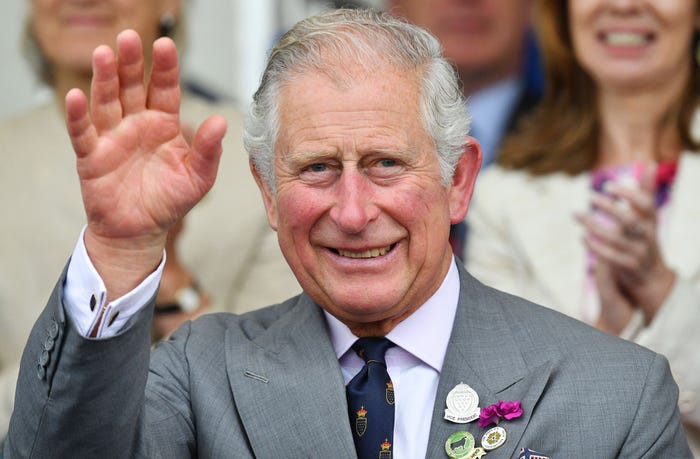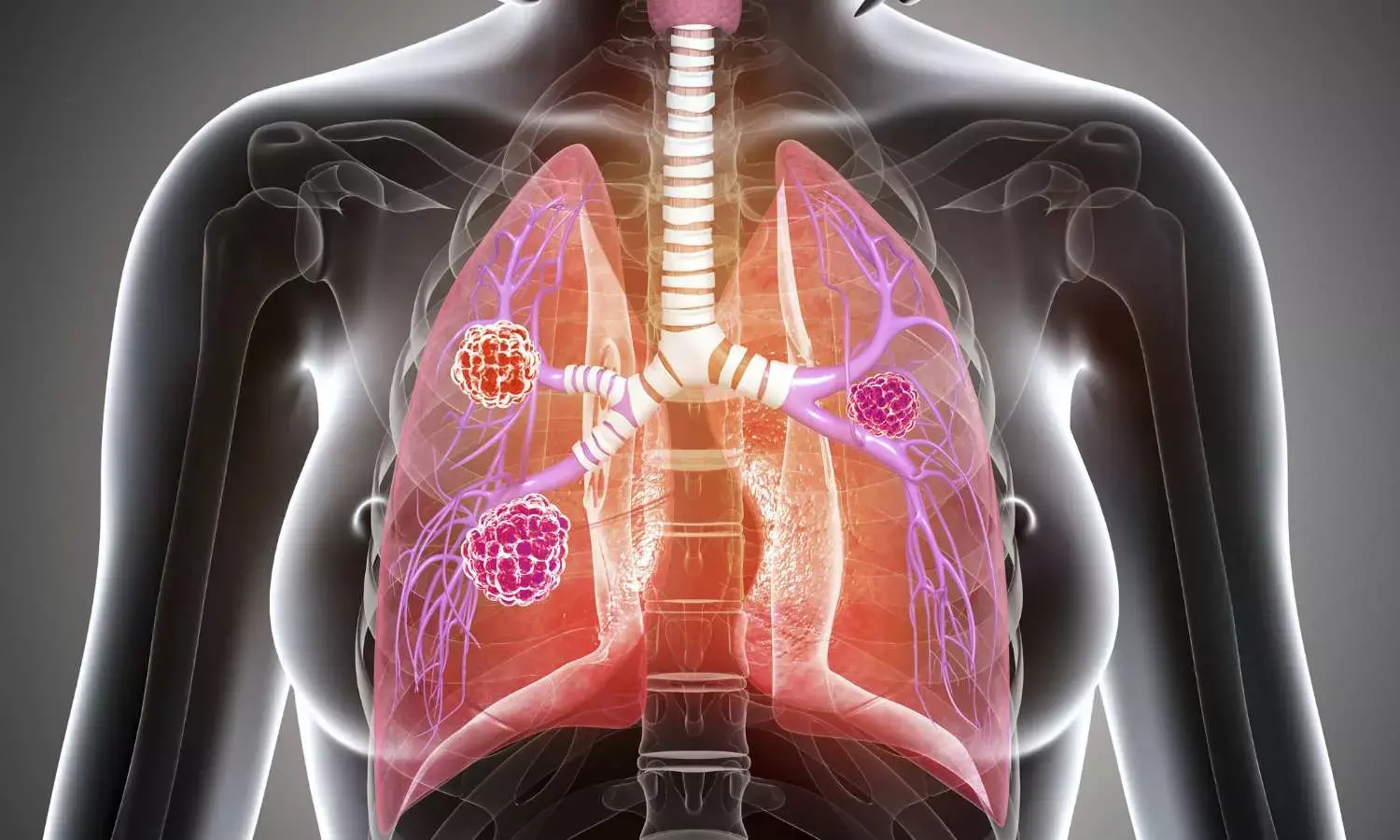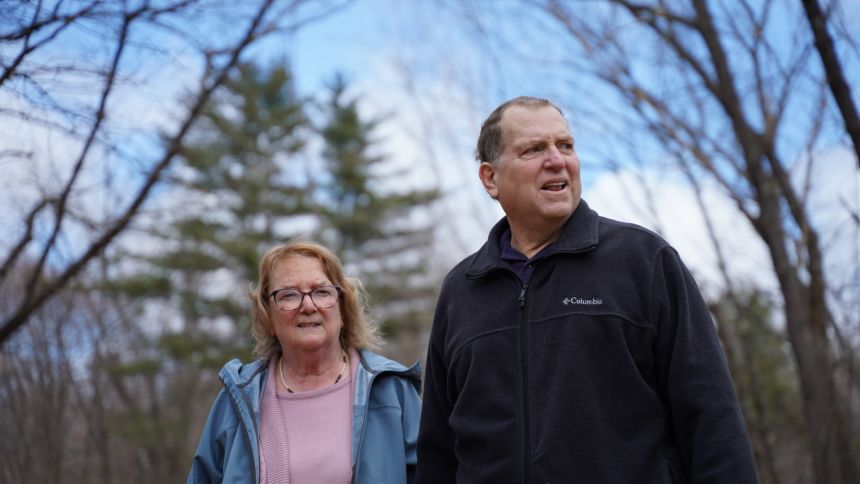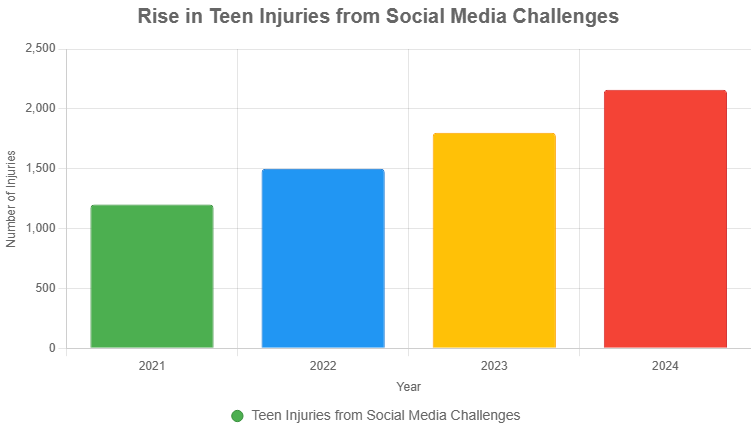By_Suraj Karowa
In an era dominated by brain fog, endless notifications, and sedentary screens, one ancient remedy stands out as a modern miracle: exercise. It’s not just for sculpted abs or marathon finishes—it’s a neurochemical powerhouse that literally rebuilds your brain. Neuroscientist Dr. Wendy Suzuki, a professor at New York University and author of Healthy Brain, Happy Life, has spent decades decoding this. Her research, spotlighted on The Diary of a CEO podcast, reveals how even modest sweat sessions can thicken memory centers, spike mood-boosting chemicals, and slash dementia risk by up to 50%. The kicker? You don’t need gym marathons. Science says a precise weekly dose delivers outsized gains. Here’s the blueprint.

The “Sweaty Brain” Revolution: How Movement Rewires You
Suzuki’s lab isn’t tinkering with pills or gadgets—it’s harnessing your body’s own superpowers. Aerobic exercise (think heart-pumping activities like brisk walking, cycling, swimming, or dancing) floods the brain with oxygen-rich blood and unleashes brain-derived neurotrophic factor (BDNF). Dubbed “Miracle-Gro for your mind,” BDNF fertilizes neurons, forging stronger connections for learning and recall. It also bulks up the hippocampus—the seahorse-shaped hub for memory—and fortifies the prefrontal cortex, your command center for focus, decisions, and impulse control.
But it’s not all growth; exercise is a shield too. Chronic stress floods you with cortisol, which shrinks these vital regions and accelerates aging. A good sweat session? It dials down cortisol while pumping endorphins and serotonin, creating a virtuous cycle: better mood leads to sharper cognition, fueling more motivation to move. Suzuki’s studies show participants hitting just 45 minutes, two to three times weekly, reporting crisper recall, elevated vibes, and laser focus within weeks. No wonder WHO warns that 1 in 4 adults’ inactivity isn’t just risking hearts—it’s eroding minds.
Your Minimum Effective Dose: Start Small, Win Big

Suzuki’s “hopeful number” for beginners? Two to three 45-minute aerobic sessions per week—that’s about 90 to 135 minutes total. It’s doable: a post-work stroll, a weekend swim, or grooving to your playlist. Her trials confirm this threshold sparks hippocampal thickening, like adding “mental muscle.” Newbies saw mood lifts in days and memory perks in a fortnight. Pro tip: Aim for steady heart-rate elevation (you should chat but not sing). Short on time? Even 15-minute bursts—stair climbs or kitchen dances—stack up, as every drop of sweat counts toward that “big, fat, fluffy” brain Suzuki champions: resilient, vibrant, and anti-fragile.
The Sweet Spot for Peak Performance: Level Up to 4-5 Hours Weekly
Once hooked, crank it up. Suzuki’s follow-up research on regulars found escalating to four to five hours of aerobic exercise per week—spread as five 45-60 minute days or mixed intensities—unlocks exponential wins. This regimen supercharges prefrontal function for killer planning and creativity, while BDNF surges protect against neurodegenerative threats like Alzheimer’s. Frequent movers showed sustained hippocampal growth and prefrontal gains, turning everyday thinkers into cognitive ninjas. Mix it: lighter daily walks with punchier spins or jogs. The payoff? Not just recall—it’s problem-solving prowess, emotional steadiness, and a buffer against life’s curveballs.
Why Aerobics Rule (and How to Hack the Mood-Memory Link)
Not all sweat is equal. Aerobics excel because they sustain oxygen delivery and BDNF release, unlike spot-training. Suzuki notes the mood boost hits first: post-workout bliss primes your brain for info absorption, explaining those “aha” showers or trail epiphanies. To amplify, pair with sleep (for memory consolidation) and social chats (loneliness spikes stress, harming neurons). Ditch extremes: Over-caffeinating muddles words; sedentary slumps invite decline.
Suzuki’s origin story adds heart—she pivoted her career after her father’s cognitive fade, proving personal stakes drive science. Her verdict: No zero-effort fixes, but this is low-bar, high-reward. In a world hacking our attention, reclaim your brain with movement. Start today—your sharper, happier self awaits.
(Disclaimer: Consult a doctor before ramping up, especially with health issues.)
Discover more from AMERICA NEWS WORLD
Subscribe to get the latest posts sent to your email.





































Leave a Reply